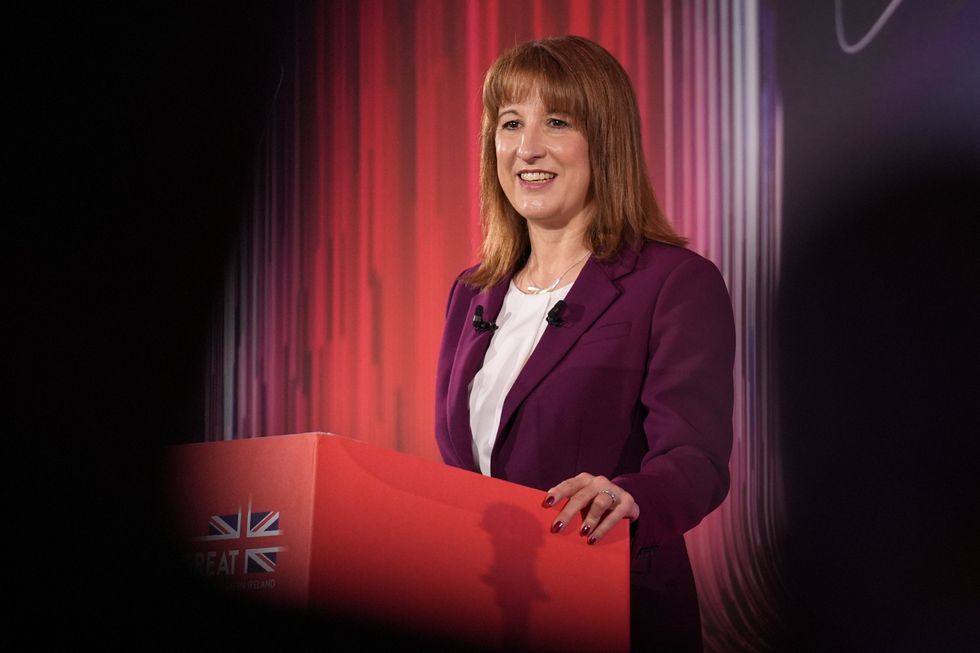British households now face a lifetime tax bill of £1.28million, with income tax accounting for £571,740 of the total, according to new analysis from the TaxPayers’ Alliance.
The figures demonstrate the scale of taxation borne by families across the country.
The research, based on 2022-23 data, assessed the total taxes paid by a typical household over the course of a working life.
It included income tax, VAT, national insurance contributions and other Government levies.
According to the group, the overall tax burden amounts to 19 years of labour dedicated solely to paying tax.
Households saw their lifetime liability increase by £21,915 in 2022-23 alone.
The TaxPayers’ Alliance said the calculation predates subsequent fiscal changes, including the 2024 national insurance reductions and Labour’s £40billion tax programme.
It argued the true lifetime burden could now be even higher, once recent measures are taken into account.

The analysis comes amid continued speculation about further tax changes ahead of the Budget.
Concerns have focused particularly on potential council tax reforms that could lead to steep rises in household bills.
Ministers have repeatedly declined to commit to Labour’s previous pledge not to increase income tax, VAT or national insurance.
John O’Connell, chief executive of the TaxPayers’ Alliance, said the findings showed that British households had effectively become what he called “tax millionaires”.
He said: “Governments are failing to get spending under control while demanding taxpayers hand over more and more.”
LATEST DEVELOPMENTS
- Rachel Reeves eyes DOUBLING council tax bills to up to £10,000 a year for over one million homes
- Stephen Dixon opens up about the Budget – and a ‘theory’ he has about Keir Starmer’s Cabinet
- Council tax warning as Rachel Reeves considers higher tax bands in Budget raid on property wealth

The group argues long-term tax demands have grown significantly across recent decades.
Reports suggest the Chancellor is examining proposals that would see council tax for the highest two property bands double.
Under the options being considered, annual bills for Band G homes could rise from £3,800 to £7,600.
Band H households could see bills increase from £4,560 to £9,120 per year.
In Rutland, Band H bills could potentially reach £10,800 annually, according to the projections.
More than one million homes across Britain fall into the top two bands.
The proposals are reportedly part of wider Treasury discussions as the Government considers future revenue measures.
Concerns have been raised about the impact on pensioners living in higher-band homes.
Many older residents receive the state pension or fixed retirement income that may not keep pace with rising charges.
Some local government figures have argued that updating council tax bands would modernise the system.
They say the current structure dates back to the early 1990s – failing to reflect modern property values.
Critics of potential changes have warned that significant rises could make long-term family homes unaffordable for some households.
They point out that many residents have lived in their properties for several decades.
The Treasury has not confirmed whether council tax reforms will appear in the upcoming budget.
Officials have said that all options are on the table as the Government seeks to balance public finances.
Rachel Reeves has repeatedly said that she aims to deliver economic stability while funding public services.
The TaxPayers’ Alliance has called for the Government to prioritise spending restraint and limit tax increases.

Mr O’Connell said the figures should prompt a focus on reducing the financial pressure on households.
The debate over council tax comes alongside broader discussions about the cost of living.
Rising mortgage rates, energy bills and essential expenses have contributed to ongoing financial strain for many families.
The Chancellor is due to present the budget at the end of November, when further details on taxation and spending will be confirmed.
Our Standards:
The GB News Editorial Charter







Follow